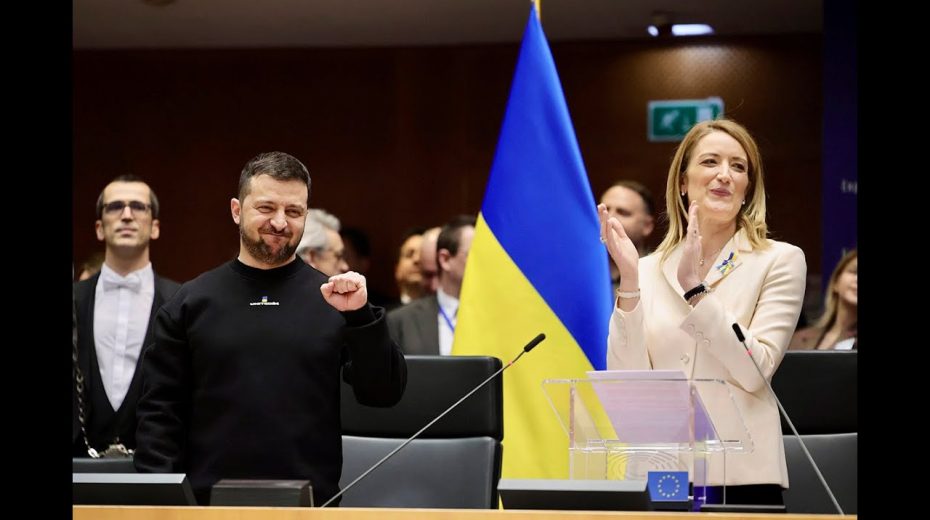
Complex financial schemes only ever defraud
In The Big Short, a film about the global financial meltdown, there is a scene where Selena Gomez explains the subprime mortgage fraud using a Blackjack game analogy. She makes a $10 million bet during a winning streak. An onlooker is impressed and places a side bet on her next win. Soon another bet is placed on that bet. This chain escalates a few million dollars into hundreds of millions, illustrating the domino effect of a CDO — the collateralised debt obligation — that brought down the subprime housing market. Of course, the winning streak ends, triggering a domino effect of losses.
The key takeaway from the global financial crisis is this: elaborate financial products, particularly those known by three-letter acronyms, exist primarily to deceive. During my time as a financial journalist, the only advice I ever gave was this: “When you meet a three-letter acronym, run fast.”
You might expect such a disaster would have ended these scams. In part, it did: banks stopped using them. But governments didn’t. Those acronyms have made a comeback. Just last week in Brussels, EU leaders nearly agreed to a €150 billion loan for Ukraine. The deal was scuppered when Bart De Wever, Belgium’s Prime Minister, examined the fine print and realized his country faced the greatest risk, prompting him to demand shared liability. Others refused, and he declined to consent.
While the EU will likely try to persuade De Wever to reverse his stance—the bloc excels at pushing reluctant parties into agreement—some may view this as positive because Ukraine needs funds to resist an aggressive attacker. Yet it is vital to scrutinize the details of this so-called special purpose vehicle (SPV) or “reparations loan.”
Following Russia’s invasion, the EU froze around €200 billion of Russian assets, mostly held at Euroclear, a Belgian-based financial depository where central banks and governments store funds. Initially, some member states proposed outright seizure of these assets to pass directly to Ukraine. However, this carried enormous legal and financial hazards. Foreign courts might rule confiscating funds illegal and compel Euroclear, which operates globally, to compensate Russia. Since Euroclear is headquartered in Belgium, the Belgian government would be liable. Consequently, the EU formulated a plan similar to the subprime fiasco two decades ago — designed to conceal risk and thwart foreign courts from accessing the frozen money. This explains De Wever’s unease.
The procedure unfolds as follows: first, the EU establishes an SPV—a special purpose vehicle—effectively a loan to Ukraine backed by frozen Russian assets. The frozen funds remain untouched at Euroclear but the SPV claims ownership. Next, the European Commission issues debt guaranteed by member states and channels the funds into the SPV. Finally, the SPV loans this money to Ukraine.
While Ukraine receives the funds, it cannot realistically repay them—a scenario everyone acknowledges. Banks would term this bad-faith lending, reminiscent of the subprime crisis that began with low teaser mortgage rates banks expected to reset beyond many borrowers’ means. The SPV camouflages this risk under the assumption Ukraine will reimburse after securing war reparations from Russia—a result that appears unlikely.
Returning to our film analogy, the side bets on Gomez’s Blackjack winnings represent financial derivatives—assets whose value comes from an underlying bet, in this case, a card game. In reality, Europe’s bet on the Ukraine loan is equally perilous, hinging on the uncertain outcome of a future legal case: will an international court oblige Russia to pay reparations and validate the SPV? Betting on such an unprecedented legal ruling is akin to wagering on a Blackjack hand. Recall the experts who once assured us subprime mortgages were safe—beware!
Moreover, this situation is arguably worse than the subprime meltdown. While Lehman Brothers’ collapse in 2008 led to government bailouts of banks and central bank money printing, this time it is the governments themselves orchestrating questionable deals. They aim to issue a €150 billion loan without democratic approval. Should this fail, who would rescue them?
Should the EU lose this legal gamble, member states—who underwrite the loan—will be on the hook. When Russia “defaults” on war reparations, losses will fall upon European taxpayers, mirroring the subprime aftermath. Previously, banks hid risk from investors; now, politicians seek to hide it from citizens.
This concealment stems from dwindling domestic political support. Former German Chancellor Olaf Scholz admitted German voters would reject funding Ukraine if it meant cuts to domestic programs. This likely applies to France and the UK too, though they won’t publicly acknowledge it.
France, nearing a debt crisis, contributes almost nothing to Ukraine’s support. Germany and the UK are the largest donors, but even combined their efforts don’t make up for Donald Trump’s move to slash US aid to the bare minimum. Trump will only provide weapons as long as cash-strapped Europeans pay. According to the latest data from the Kiel Institute Ukraine Support Tracker, Western military aid for Ukraine dropped sharply—from nearly €4 billion monthly in early 2023 to just over €2 billion in July and August—primarily due to reduced European spending. To maintain the war effort, Europe needs this dubious loan scheme. The €150 billion could sustain operations for another year.
But what happens afterward?
Europe lacks a plan to end the conflict, while Vladimir Putin likely believes he can conquer the Donbas region fully. He outmatches the West in spending and troop numbers and has made recent advances. Although Ukraine’s defenses are formidable, the battle could last another year or two, yet the odds favor Putin.
Should Putin succeed, peace negotiations will extend beyond territory and security arrangements. Russia will demand the return of its frozen assets. I doubt Europeans would torpedo a peace agreement by refusing. Consequently, Putin will regain his money, and European taxpayers—never consulted about these loans—will foot the bill.
The EU’s overly complex scheme will end up like other treacherous three-letter acronym financial deals—leaving voters to swallow Brussels’ poisoned seafood stew.
Original article: UnHerd




